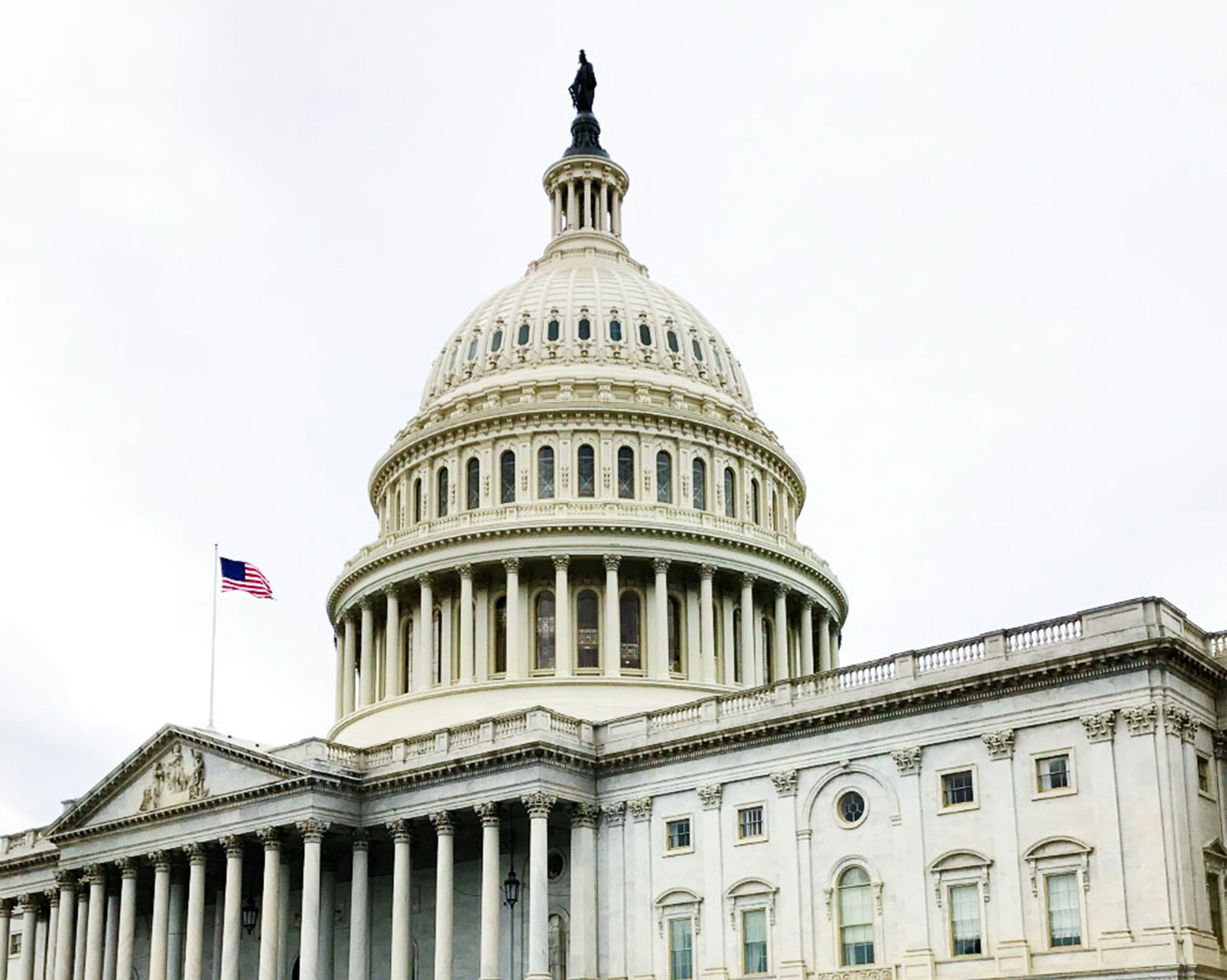
More DOL Appointments, More Uncertainty
- Breaking News
News about the musical chairs and new faces at the Department of Labor has become an almost weekly event. This week, we saw John Berry nominated for Solicitor of Labor and Andrew Rogers nominated to be head of the Wage and Hour Division. Berry was the author of the Project 2025 chapters (the conservative blueprint for government reform) on the EEOC, NLRB and DOL. Rogers is the acting General Counsel of the EEOC and was formerly counsel to EEOC Chair Andrea Lucas.
What will this mean for the labor agencies? It’s uncertain how Rogers’ nomination will impact wage and hour enforcement, but Berry has already published his agenda for change. Here are a few of his primary goals:
- Eliminating the EEO-1 form. The EEO-1 is an annual report required of larger employers on the demographics of their workforce, broken down by race, sex and job classification. In Berry’s view, the EEO-1 could lead to a risk of employers adopting de facto racial quotas. Perhaps coincidentally, the EEOC has not yet announced the deadline for submitting EEO-1s this year. (It was April last year).
- Disclaiming the EEOC’s regulatory role. The EEOC publishes various regulations stating its view on how various laws (e.g., Title VII, Pregnant Workers Fairness Act) should be applied. If the Commission gets out of the regulatory business, employers may be left guessing how the various laws will be enforced in specific circumstances.
- Allowing the substitution of paid time off for overtime. Public sector employers already have the option of compensating overtime hours (those over 40 in a workweek) with compensatory time (paid time off in subsequent workweeks). This proposal would allow private employers the same option.
- Simplifying the independent contractor analysis. Although there are several variations, the current tests to determine if a worker should be classified as an employee or an independent contractor look at anywhere from 7 to 20 factors. The proposal would return to the DOL test from Trump’s first term which focused on (1) the nature and degree of control over the work and (2) the worker’s opportunity for profit or loss.
Whether Berry will be able to affect these changes as the top lawyer at the Department of Labor is uncertain. The Secretary and various agency heads will have some say in it. But we have to assume he was tapped for the job because of his role in setting the agenda.
If you have any questions or would like additional information, please contact Al Vreeland at 205-323-9266 or avreeland@lehrmiddlebrooks.com.





